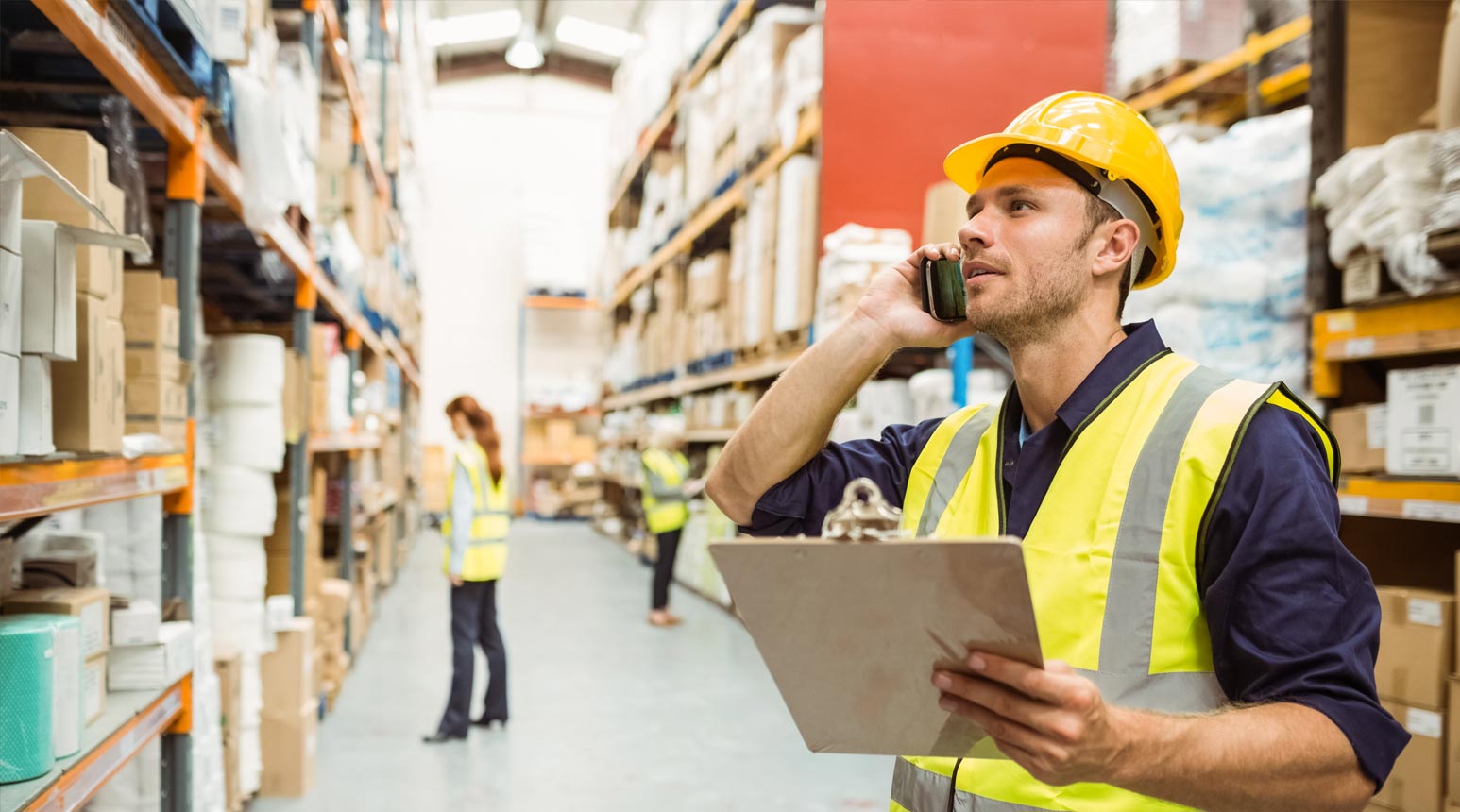Counterfeit goods have become increasingly problematic for the consumer product industry as more brands transition from traditional brick-and-mortar to online retail.
The rise of counterfeit goods poses both a physical and financial threat, as they’re often made with poor materials or contain dangerous chemicals. Perhaps most alarming, a recent study from the Buy Safe America Coalition found that the online counterfeit industry caused domestic retailers to lose out on nearly $54.1 billion in sales. But it seems that Congress is finally ready to address the issue.
Both the Senate and the House Judiciary Committees recently held hearings on the SHOP SAFE Act and the INFORM Consumers Act, which seek to crack down on illicit and fraudulent sales of consumer products. Sponsors of the INFORM Consumers Act in the Senate have even gone so far as to add the House’s version of the bill as an amendment to the “must-pass” National Defense Authorization Act, virtually guaranteeing the bill’s passage.
How to ensure your firm is protected
Regardless of whether one or both of the bills are passed, you can expect a crackdown on counterfeit goods. At the same time, many honest companies may find themselves caught in the counterfeiting net if they’re not careful. To avoid such a fate, there are several steps companies should begin taking now.
1. Know the law. First and foremost, companies should be following along with the latest developments in the drafting of the SHOP SAFE Act and the INFORM Consumers Act. The INFORM Consumers Act is currently requiring online marketplaces to collect and verify information from their high-volume vendors and to provide a way to contact high-volume vendors to file a complaint about potential counterfeit goods. The latest version of the bill, which has the support of Amazon, eBay and Etsy, also has fewer data collection requirements to verify sellers’ identities.
2. Monitor your supply chain. Most companies already pay close attention to their supply chains. But as oversight of counterfeit goods ramps up, companies should pay even closer attention so they aren’t caught unwittingly selling counterfeit goods. If you are a manufacturer who is unwittingly passing through counterfeit products, you are going to be held liable. It’s akin to unknowingly paying for something with a counterfeit $100 bill someone slipped you. Even if you are innocent, you won’t get your money back. In both cases, you will still pay the price.
3. Be preemptive. If you receive a complaint from a customer about a counterfeit product, take the necessary steps to address that complaint before regulators get involved. Creating an easy means of communication with your customers and being responsive will help to build trust and potentially save your business.
The SHOP SAFE Act would require e-commerce platforms to take more responsibility in policing counterfeit goods sold on their sites by meeting a set of “best practices” to combat them. Meeting these best practices would immunize companies from liability over the sale of counterfeit goods by third-party vendors on their platforms. By keeping close tabs on the newest developments, companies will be better prepared to implement any new regulations.
Congress’s recent focus on anti-counterfeit goods’ legislation and the support for such legislation by e-commerce giants signal that the consumer-products industry should expect greater oversight and regulation of counterfeit goods on online marketplaces.

